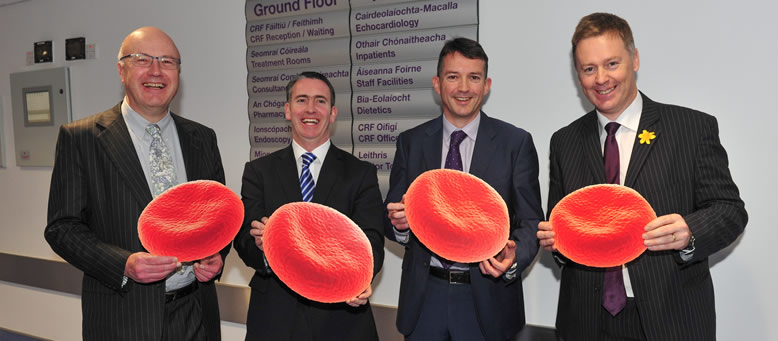-
Courses

Courses
Choosing a course is one of the most important decisions you'll ever make! View our courses and see what our students and lecturers have to say about the courses you are interested in at the links below.
-
University Life

University Life
Each year more than 4,000 choose University of Galway as their University of choice. Find out what life at University of Galway is all about here.
-
About University of Galway

About University of Galway
Since 1845, University of Galway has been sharing the highest quality teaching and research with Ireland and the world. Find out what makes our University so special – from our distinguished history to the latest news and campus developments.
-
Colleges & Schools

Colleges & Schools
University of Galway has earned international recognition as a research-led university with a commitment to top quality teaching across a range of key areas of expertise.
-
Research & Innovation

Research & Innovation
University of Galway’s vibrant research community take on some of the most pressing challenges of our times.
-
Business & Industry

Guiding Breakthrough Research at University of Galway
We explore and facilitate commercial opportunities for the research community at University of Galway, as well as facilitating industry partnership.
-
Alumni & Friends

Alumni & Friends
There are 128,000 University of Galway alumni worldwide. Stay connected to your alumni community! Join our social networks and update your details online.
-
Community Engagement

Community Engagement
At University of Galway, we believe that the best learning takes place when you apply what you learn in a real world context. That's why many of our courses include work placements or community projects.
Blood Cancer Network
€2.2m research investment into Blood Cancer Network

A new national clinical research network was launched in November 2015 at the Lambe Institute for Translational Research at NUI Galway by Minister for Skills, Research & Innovation which will bring fresh hope for blood cancer patients in Ireland. The newly established Blood Cancer Network Ireland represents a multimillion euro investment in cancer research by the Irish Cancer Society and Science Foundation Ireland.
The €2.2 million investment has established a new virtual clinical research network that will offer early stage haematology clinical trials, providing blood cancer patients in Ireland with the opportunity to be among the first in the world to test new, potentially life-changing, drugs and treatments. This joint investment with Science Foundation Ireland comes on foot of the Irish Cancer Society’s strategy to establish and support collaborative cancer research initiatives to bring Irish clinicians, scientists and population researchers together to increase the pace of discoveries. This new national cancer research initiative is also supported by the pharmaceutical industry.
Over the next five years, Blood Cancer Network Ireland (BCNI) hopes to make novel drugs and treatments available to patients with all types of blood cancers across Ireland. The first clinical trials being rolled out through BCNI will bring fresh hope, in particular, to patients with difficult to treat blood cancers. This new clinical research network will establish a blood cancer biobank to collect and analyse patient samples to further our knowledge and understanding of blood cancers and an enhanced registry, in association with the National Cancer Registry of Ireland, to collect information about the treatment, outcomes, and quality of life of patients with blood cancers in Ireland.
Director of Blood Cancer Network Ireland, Professor of Haematology at NUI Galway, Michael O’Dwyer, said, “This investment will put Ireland on the map in terms of developmental therapeutics in blood cancers. We are now in a position to attract cutting edge Phase I/II trials to Ireland giving Irish patients the earliest access to promising new treatments, while the development of a dedicated biobank and registry will greatly enhance our efforts in the areas of translational, population and health economics research. Overall, this investment will have many potential benefits: it will make Ireland internationally competitive in blood cancer research, increase access to expensive medicines free of charge with consequent savings to the taxpayer, enhance research and development in Ireland, contribute to job creation, and most importantly of all, benefit patients.”















